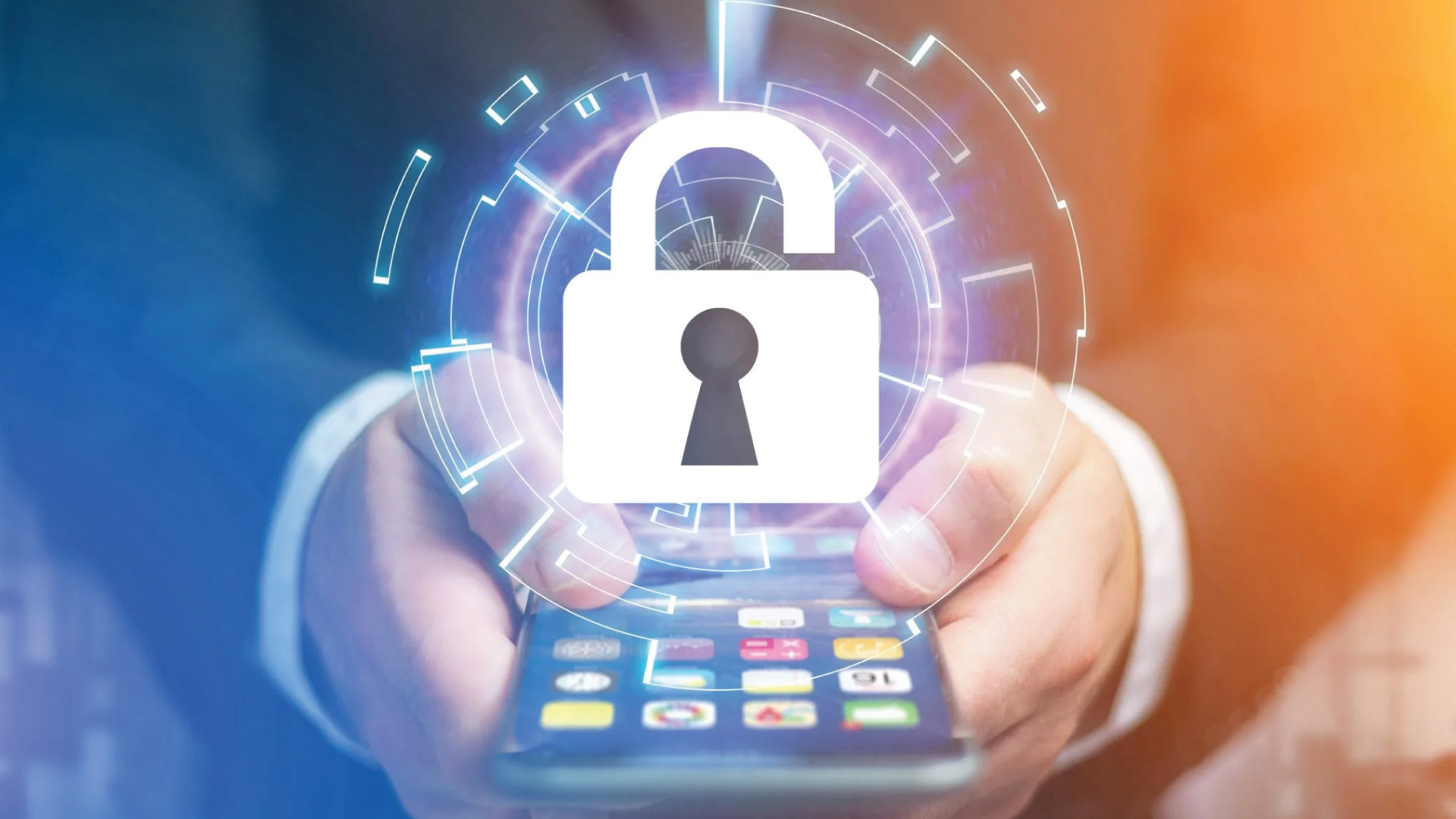For many people, smartphones are the most commonly used devices in everyday life. The days when cell phones were mainly used to make calls and send text messages are long gone. Now they act as handheld computers with a huge variety of applications, from social networking to online banking.
As the use of mobile devices grows, so make the threats to mobile security. In this article, we’ll tell you how you can protect your smartphone. But before we continue, we would like to tell you about such a cool thing as a Bitcoin mixer. This is the kind of utility that is available for smartphones that allows you to be completely anonymous if you are a cryptocurrency user.
If you have any questions about using this service along the lines of “What data do you store?” you can find answers in the FAQ section on YoMix.io.
What mobile security threats are there?
Here are just some of the smartphone or tablet security threats you may encounter:
- Theft of your credentials.
- Unauthorized access to content on your phone.
- Introduction of malware on your smartphone with automatic distribution to all your contacts.
- Common sabotage (deleting apps from your smartphone, etc.).
How to protect your smartphone?
Here are some effective ways you can protect your device.
Set a password
Without a password, anyone who happens to have your device will be able to access all the data stored on it. Of course, setting and entering a password will take some time, but this way, you can guarantee your security.
By the way, check if your device has a data encryption feature. If it is, start using it. That way, if your phone is stolen, criminals won’t have access to the personal information on your phone if it’s encrypted.
Install antivirus
If you own an Android device, you may want to install an antivirus, which will provide the highest level of protection. Antivirus is installed in the same way as on a PC, so you are unlikely to have any difficulty using it.

Turn off Bluetooth and Wi-Fi when you are not using them
You can use Bluetooth to connect speakers, a media player, or any other Bluetooth device. There is nothing wrong with that. Just turn Bluetooth off when you’re done. And yes, never confirm a connection request to a device you’re not familiar with.
The same goes for Wi-Fi – especially for open networks. If you’re connecting over a public Wi-Fi network, you run the risk that someone else will have access to the data you’re sending. Turning off Wi-Fi when you’re not using it will help protect your privacy.
Check the sources you download apps from
Only download content to your smartphone from trusted sources. If you download a utility to your smartphone and it hides unauthorized and harmful software, nothing good will come of it.
Update your applications regularly
It is worth doing this because not all programs are updated automatically, which directly affects the vulnerability of your device. The fact is that updates contain enhancements to previous versions, which protect your smartphone even more reliably. Releasing a new one, the developers always report the corrected flaws officially.
At this time, scammers, recognizing the flaws of past versions, look for flaws and run malicious programs for those people who have not yet had time to update the app. Cybersecurity is really important, and you shouldn’t neglect it under any circumstances. If you want to read more on how you can protect your smartphone or tablet, write us about it.



